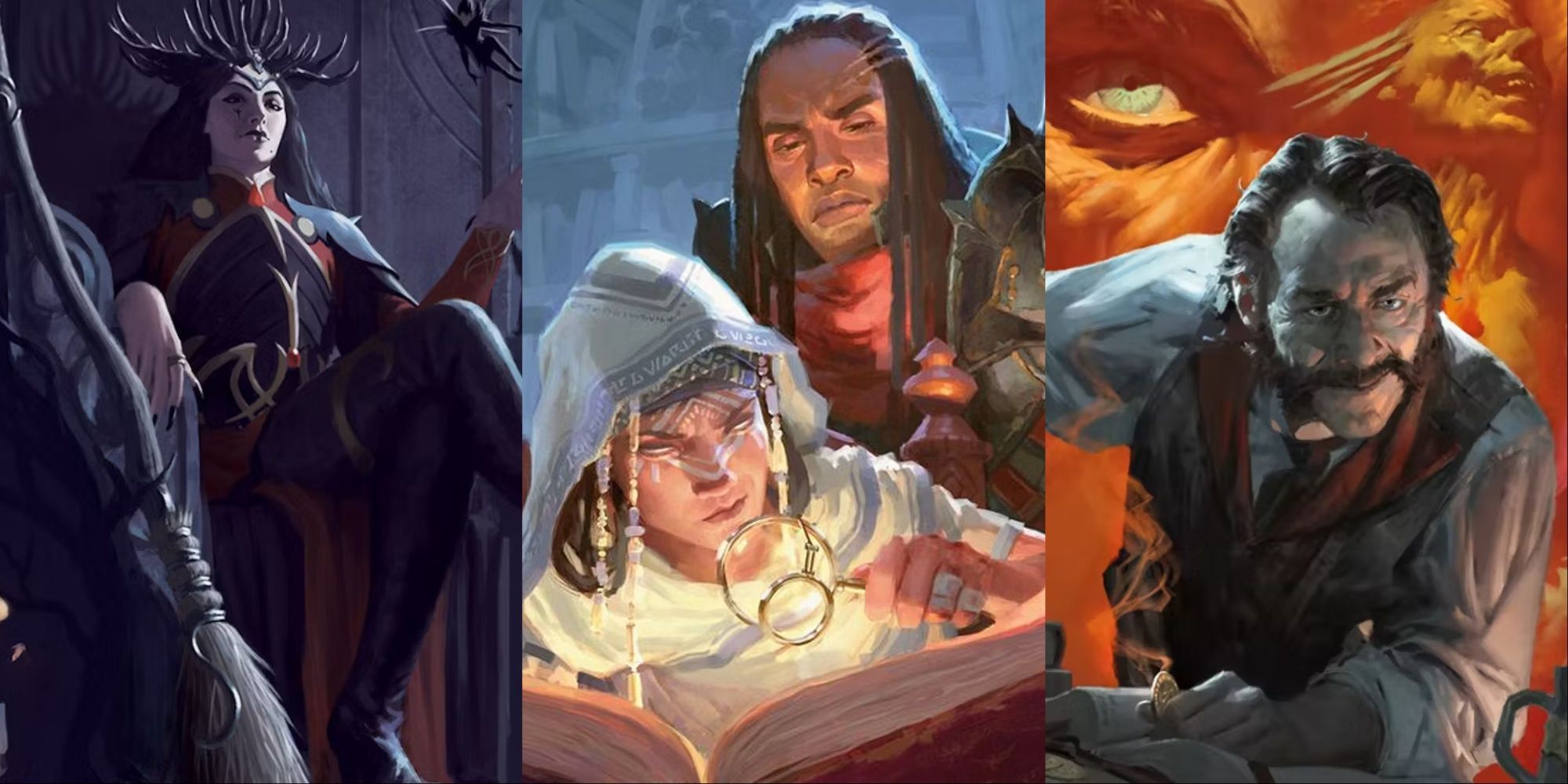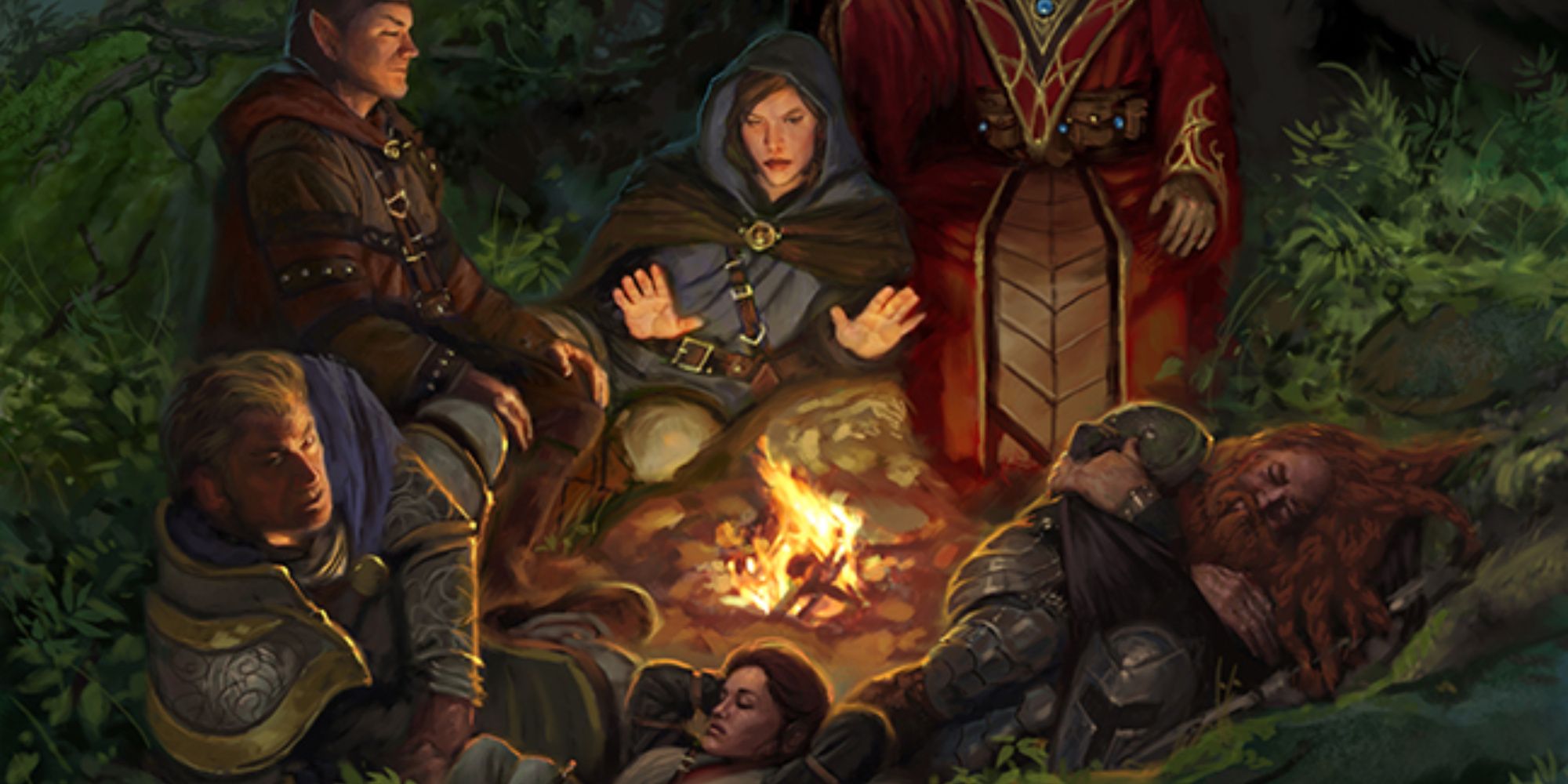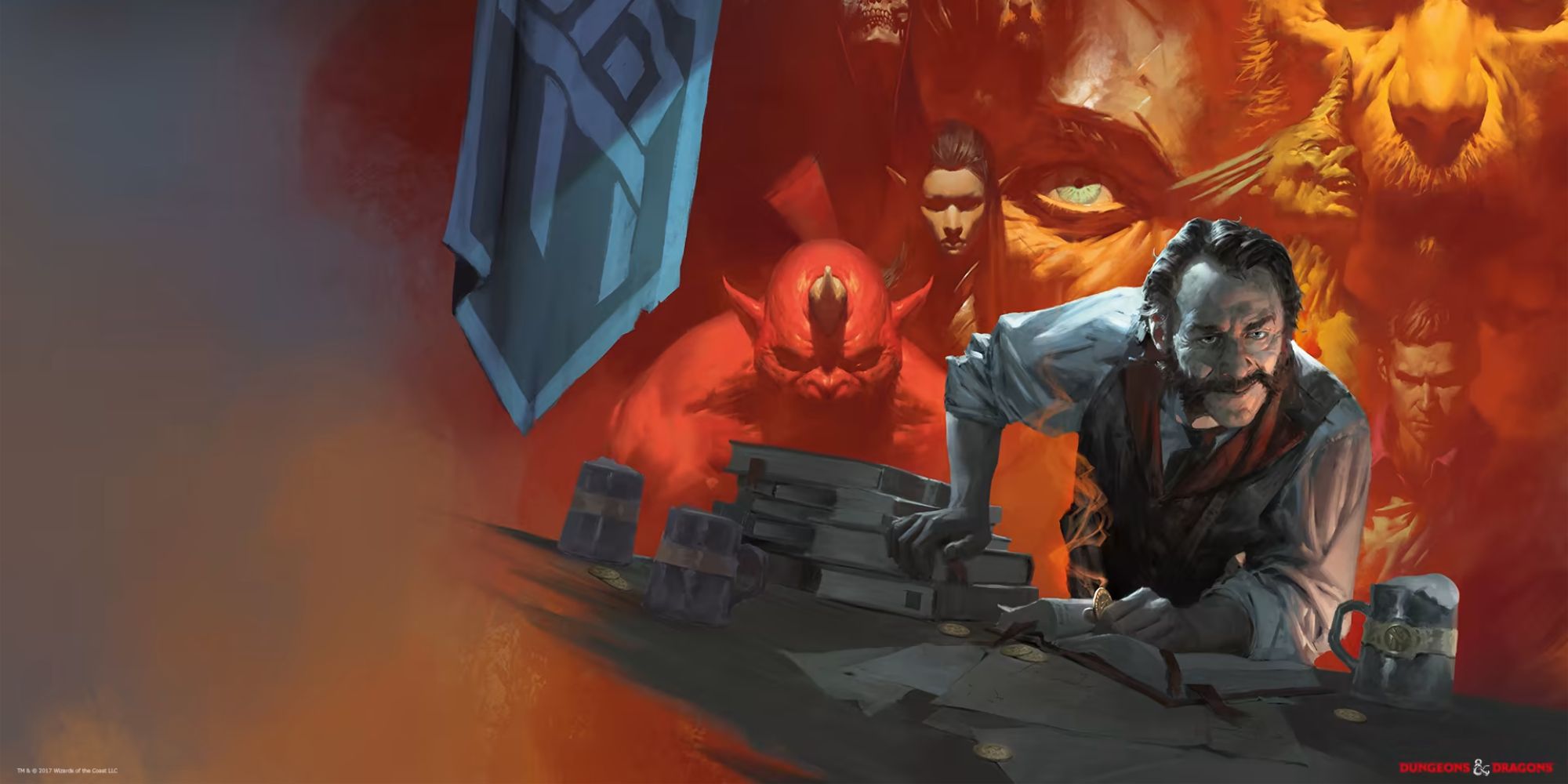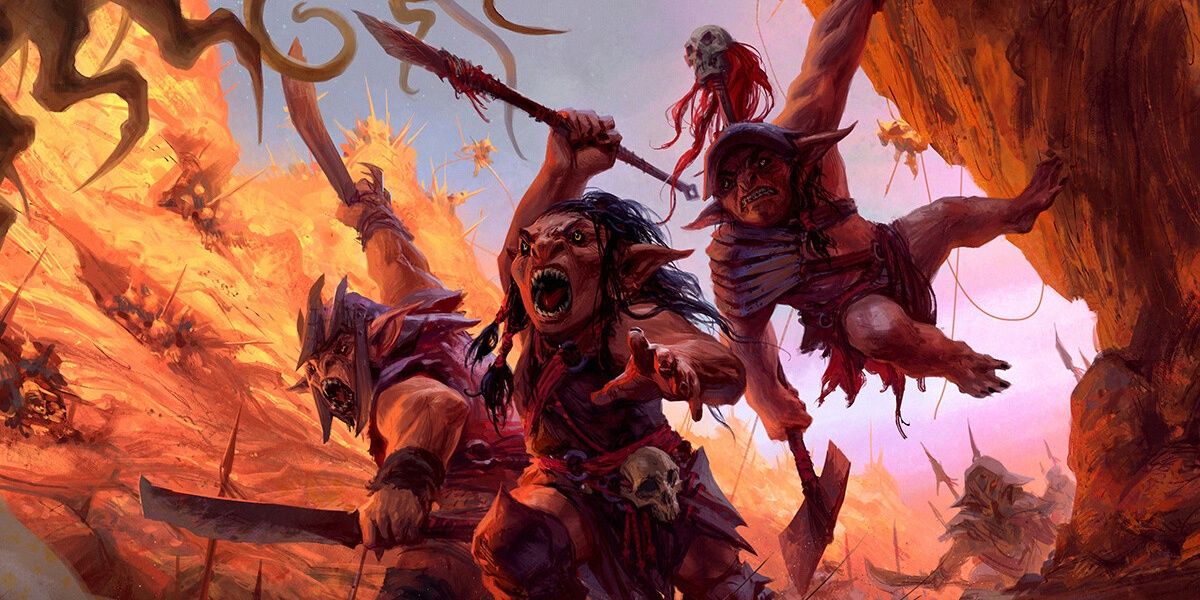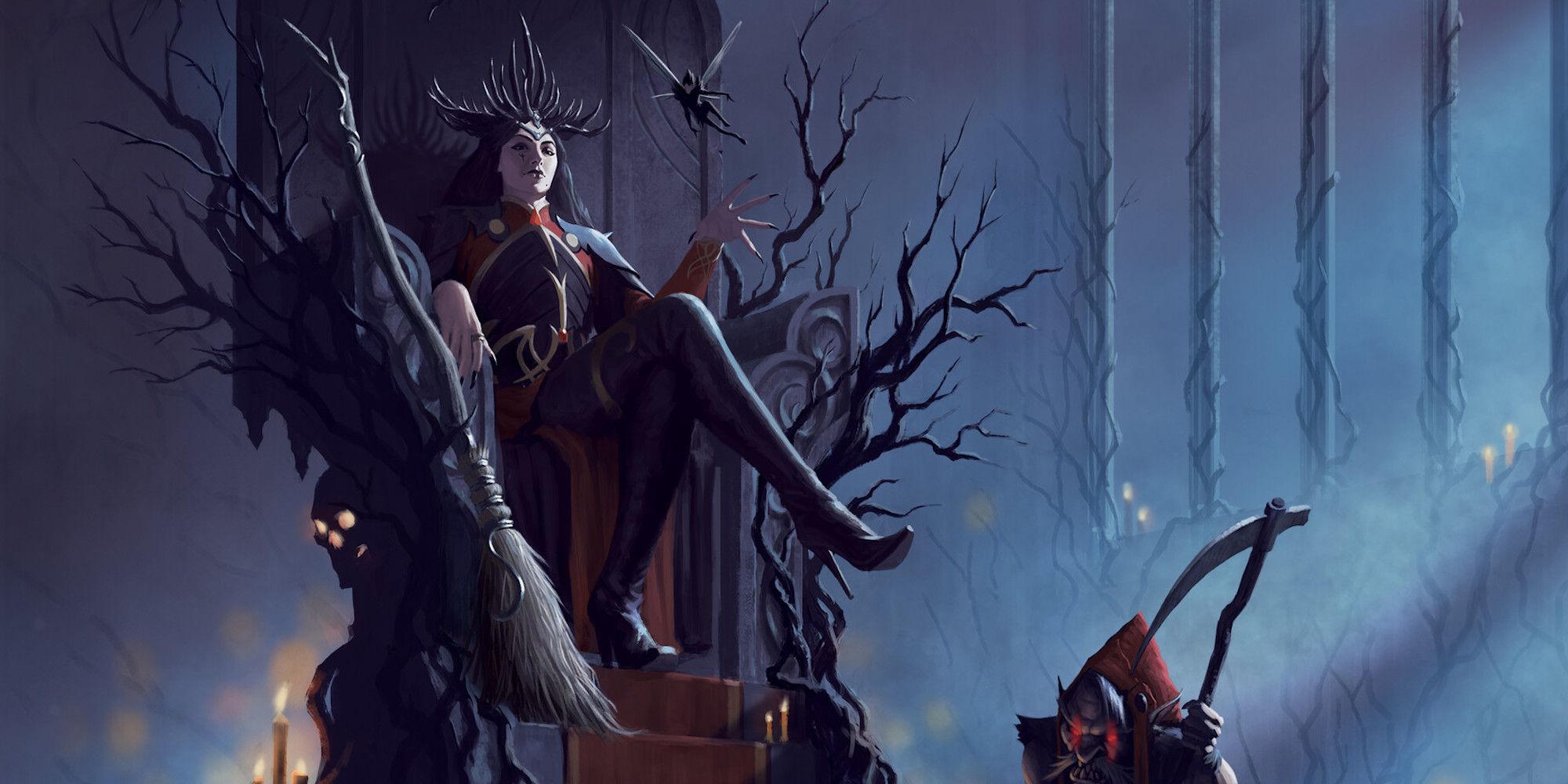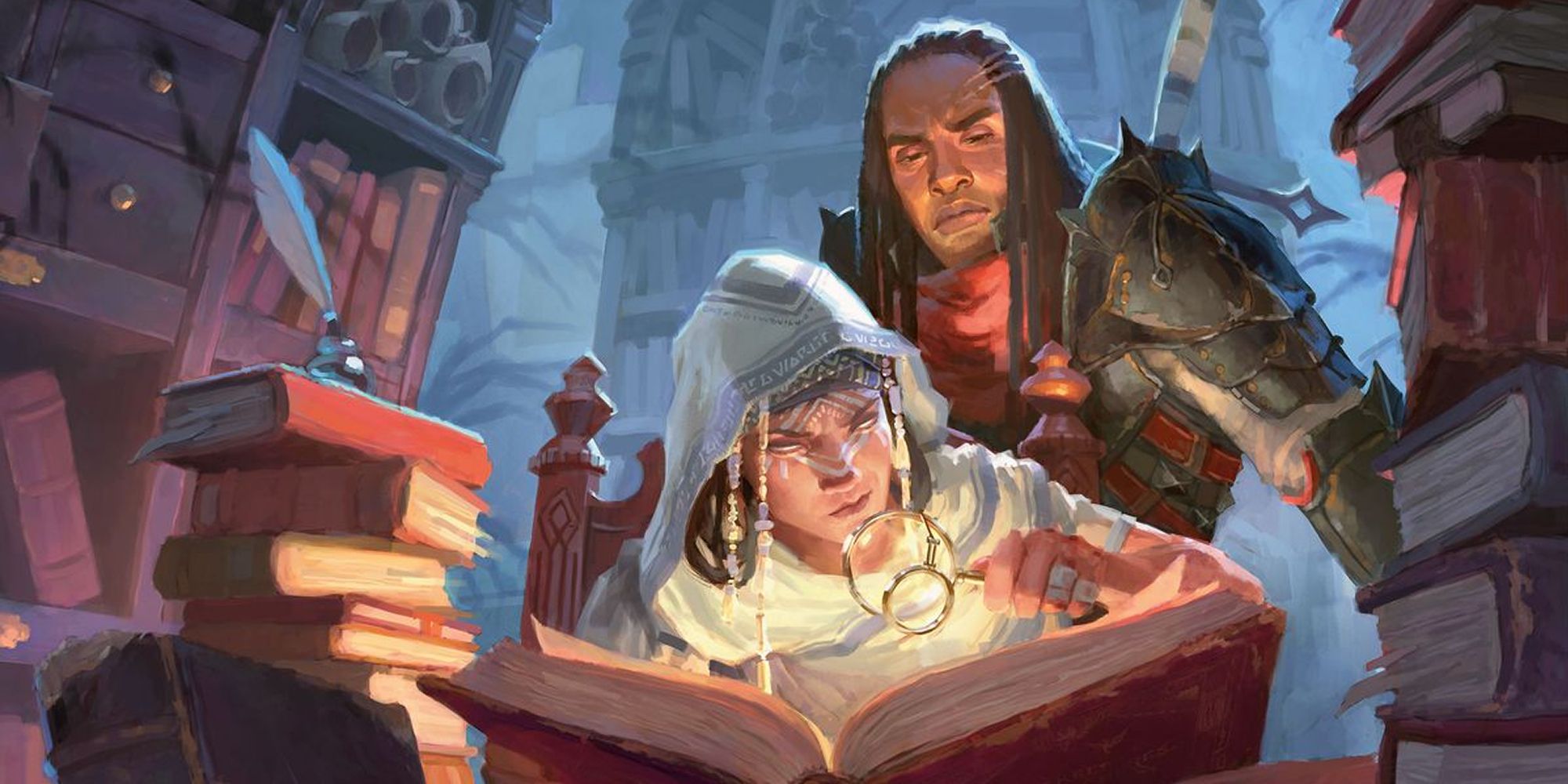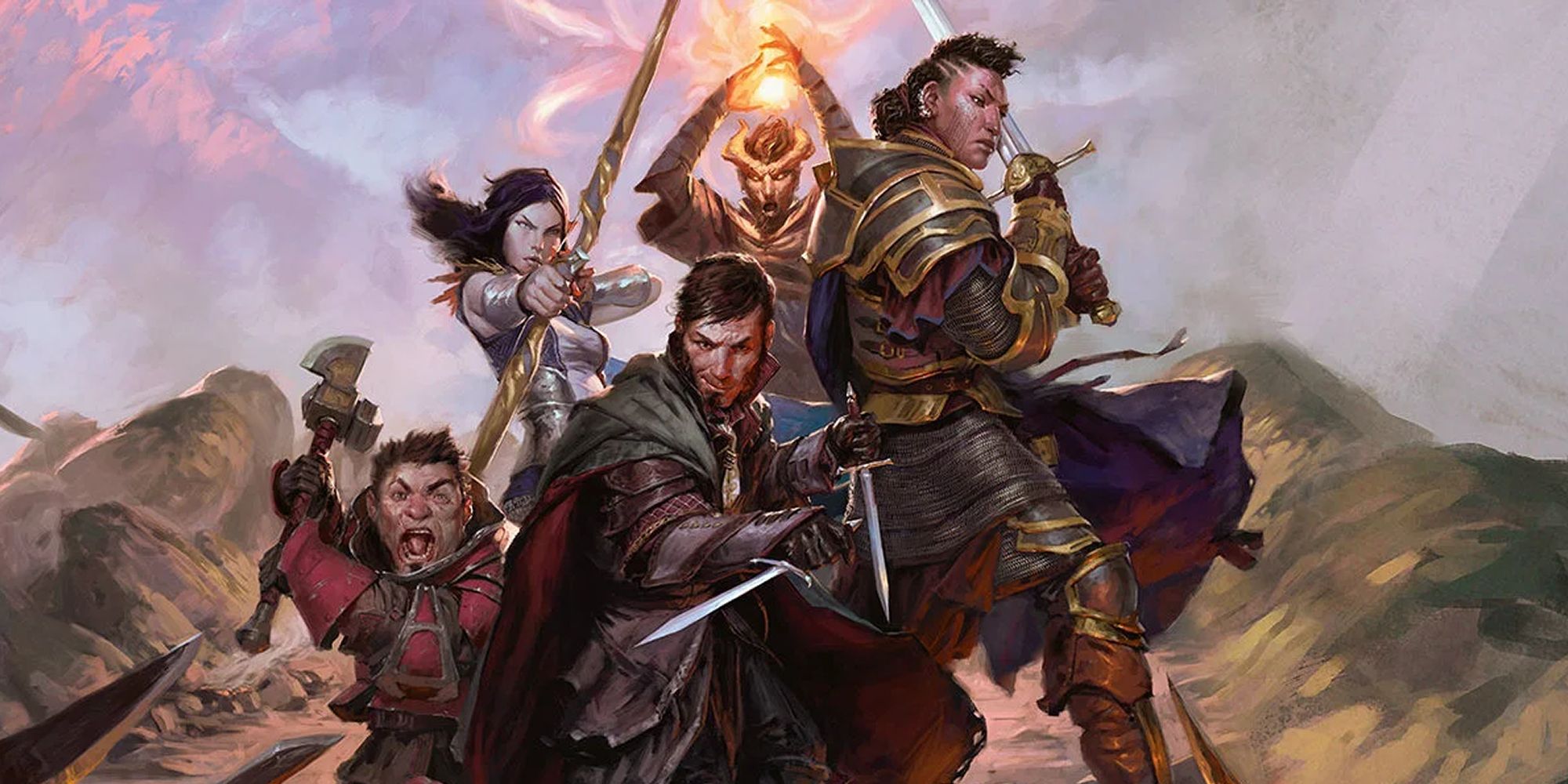Not every story has a happy ending. And we’re not talking about evil Dungeon Masters who end their campaigns by crushing their players’ emotions. We’re talking about campaigns that never reach their endings. Can your Dungeons & Dragons campaign be saved from this grim outcome?
From lack of interest, scheduling issues, and toxic behavior, there are many ways where a campaign can go wrong. Thus, let us analyze these problems and address potential solutions so you can keep the campaign going strong instead of throwing away all your work. We wish you luck and hope it all goes well.
5 Identify The Problem
This first part may seem obvious, but it’s not always the case. Sometimes, we may notice a problem, but not where it comes from. Some issues are clear, sure, but if your players aren’t super excited when playing, you may not know why and think your campaign is the issue. And it could be, but it could also be something else.
Here is where the solution to most group problems will shine: Open communication. Talk to your players, get their feedback, and let them speak their minds without judgment, even if that means them saying what they do not like about your game. Criticism is helpful to improve your skills, or you may notice that you and your players had different expectations from what they wanted in the game. Regardless, their opinion will help you find the source of the issue and do something about it.
4 Fixing Your Story
One problem might be that your players are not interested in the events happening. That is a harder problem to notice because most players will likely not talk about it – they know you put work into it, after all, which is why open communication is a key factor here.
It’s okay to let your players influence the story outside the game as well. You can ask them what they would like to see, what tones or genres they like in stories, and what they hope to achieve as characters, and you can help make these things happen.
For example, suppose your Rogue player wants to be a criminal with a heart of gold, Robin Hood style. In that case, you can and should create challenges for them, such as criminals who don’t like them or guards who want to arrest them, but don’t punish them so hard that they are penalized for roleplaying the character the way they want. Or worse, don’t have the entire party penalized for that. Challenge them and make them feel the complications, but don’t stop them from playing the way they want to.
Another simple way to fix a story –though it may be a bit sad for you– is to let it go. If the players are more interested in a random NPC you made, make this person more relevant and focus on them. You can even tie this random NPC into the story, which may spark your party’s interest. Either way, analyze which parts of your campaign catch their attention and make those bits more important. Do they enjoy hanging out in taverns? Make them bigger, with more people, and have important story moments happen there.
3 Fixing Your Encounters
Another way you can change your games is by analyzing the mechanical side of your sessions. Combat is one of the game’s highlights and the main reason for excitement in most tables. Just be careful to avoid your combat from simply taking turns between people saying, “I attack.”
It ultimately depends on what your players enjoy, so their input will again be helpful. Some may prefer easy or difficult encounters, so talking to them about that is a first. You can also mix things up by using the scenario, having character interactions during the fight, and giving your bosses a more complex strategy to make their challenge more than just high bonuses on their attacks, among other tricks.
You can and should even have encounters that can be handled without violence if that’s what the party wants to do. Sure, not everyone can be talked out of a fight, but there’s a difference between telling the BBEG to give up and telling their underpaid minion to give up. See how the party wants to handle a situation, analyze if it’s possible or not, challenge them accordingly, and make the proper consequences to whatever happens, considering their dice rolls.
2 Dealing With Toxic Players
The ultimate solution here would be to kick them out of the table, but that’s what you should do only if all else fails, as it’s a complicated way to handle the situation, which may cost a friendship in the process.
Sometimes, people can be toxic without realizing it. Maybe they were expecting a game focused on combat, and you’re running a game focused on narrative, which is pissing them off and making them start fights randomly. Maybe they are not getting enough time in the spotlight, or at least feel like they’re not getting enough time in the spotlight. Whatever the case, that’s something you’ll need to figure out.
Regardless, a private heart-to-heart conversation is also an effective solution, as dealing with that in the game or punishing them with in-game consequences might just sour things further. Talk about their behavior and how that is causing issues. If they stop, good. If not, then you might have to remove them from the game. It’s also okay to acknowledge that you want different things for the campaign, and you may not be the right DM for this player. There are many ways to run D&D, and going on combat sprees instead of focusing on narrative, for example, is not wrong, nor is the other way around. Just because someone is a close friend of yours, it doesn’t mean they’re the right player for your game, either.
1 Dealing With Scheduling Issues
Sadly, this is a dilemma with few answers to give you. Schedules are a problem that needs to be analyzed case by case, and it may result in players having to leave despite the fact they still want to play the game.
The most you can do is talk to everyone beforehand and keep a consistent day for your games. Changing the frequency can sometimes help, however. If weekly is too difficult, every other week or monthly could work as it’s not as often the game will take time from them, so even by playing less often, it can save the game.
Alternatively, you can switch your session to online if you’re not doing it already. Gathering everyone together is fun, but if that’s becoming a problem, playing online can help a lot. They won’t have to worry about time to get to wherever you all play, money for gas, bus, or whatever they use, and it’s easier to manage when it starts and ends, as you’ll just hop on the computer and start playing.
Bonus: What To Do If The Campaign Dies
If nothing else works, don’t get unmotivated. Gather the players who still want to play and are available to do so, and get ready to start a fresh new adventure. New beginnings often get people excited and working on the new characters they want to show off.
Then, you can use their feedback and add all these things right in the first session. And nothing stops you from getting the content you’ve already prepared –but the players ended up not reaching– and recycle them into your new adventure. It’s not a fix, but it’s the next best thing.

